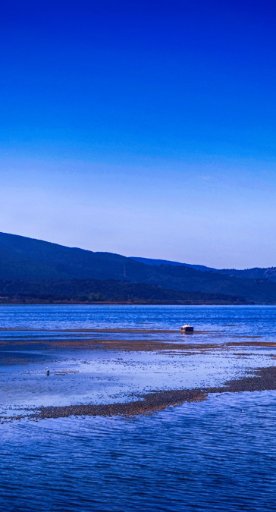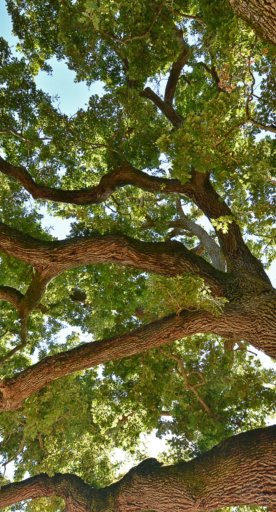

In Val di Cornia with children: 5 travel ideas
The must-see museums and attractions for a family outing
On the Etruscan Coast, the parks of the Val di Cornia tell the thousand-year history of a landscape in which evidence of Etruscan civilization and traces of metal mining and processing, splendid coastal environments and Mediterranean scrubland are interwoven.
The historical and scenic heritage of the Val di Cornia and its parks are true open-air laboratories that allow for hands-on learning and experience of history and traditions, as well as providing pleasant family days out, thanks to rest and picnic areas, ample parking and equipped beaches.
-
1.Archaeological Mines Park of San Silvestro
-
2.Archaeological Park of Baratti and Populonia
-
3.Archaeological museum of the territory of Populonia
-
4.Museum of the Castle and Medieval Ceramics
-
5.Museums of the Rocca di Campiglia Marittima
Archaeological Mines Park of San Silvestro

Located behind Campiglia Marittima and the promontory of Piombino, the Archaeological Mines Park of San Silvestro covers an area of about 450 hectares, in an area of ancient copper, lead and silver mines. Visiting trails wind through museums, mining galleries, and paths of historical, archaeological, geological and naturalistic interest. Over all dominates Rocca San Silvestro, the ancient mining village founded in the Middle Ages.
In the park you can visit the Museum of Archaeology and Minerals and the Temperino Mine, as well as the Mining Machinery Museum and the Miner's Museum, set up in an old mining shaft.
Archaeological Park of Baratti and Populonia

A Park that is a true open-air museum dedicated to telling the story of Populonia, the only city built by the Etruscans on the sea.
Immersed in a landscape of extraordinary beauty, caressed by the wind and salty air, you visit the ancient necropolis, built in front of the Gulf of Baratti and carved into the rock, and the Acropolis of Populonia, overlooking the gulf.
Workshops and activities for adults and children are held in the "Davide Mancini" experimental archaeology center.
Archaeological museum of the territory of Populonia

Located in the heart of the historic center of Piombino, created as the natural complement to the visit of the Archaeological Park of Baratti and Populonia, the Archaeological Museum of the Populonia Territory tells the story of this territory through a 5000-year-long journey.
Original displays of the rich Etruscan and Roman archaeological heritage, reconstructions of landscapes and environments, video projections, and piped music for an evocative dive into the past of the ancient city of Populonia. Don't miss the silver amphora from the sea of Baratti, a unique masterpiece in the world.
Museum of the Castle and Medieval Ceramics

Also in Piombino, inside the castle's monumental complex, is the new Museum of the Castle and Medieval Ceramics of Piombino, a fascinating and original museum itinerary that traces the history of Piombino between the 13th and 14th centuries using the most modern display technologies.
The exceptional discovery of an impressive complex of medieval ceramic vessels has also made it possible to reconstruct the entire life cycle of the finds, from production to their use in medieval cooking and on the table. Models, graphic reconstructions and multimedia paths make the visit even more stimulating.
Museums of the Rocca di Campiglia Marittima

The Rocca di Campiglia, situated in a panoramic position on Campiglia's highest hill and bordered by walls punctuated by ramparts, represents an important historical link between the village of Campiglia and the Archaeological Mines Park of San Silvestro.
Buildings inside the fortress house the museum of artifacts and the museum of the history of the medieval village of Campiglia.
At the conclusion of a visit to the museums, it is possible to stop and visit the historic center of Campiglia, one of the most beautiful villages in the Val di Cornia, and embrace gulfs, headlands, and islands with your gaze.













































